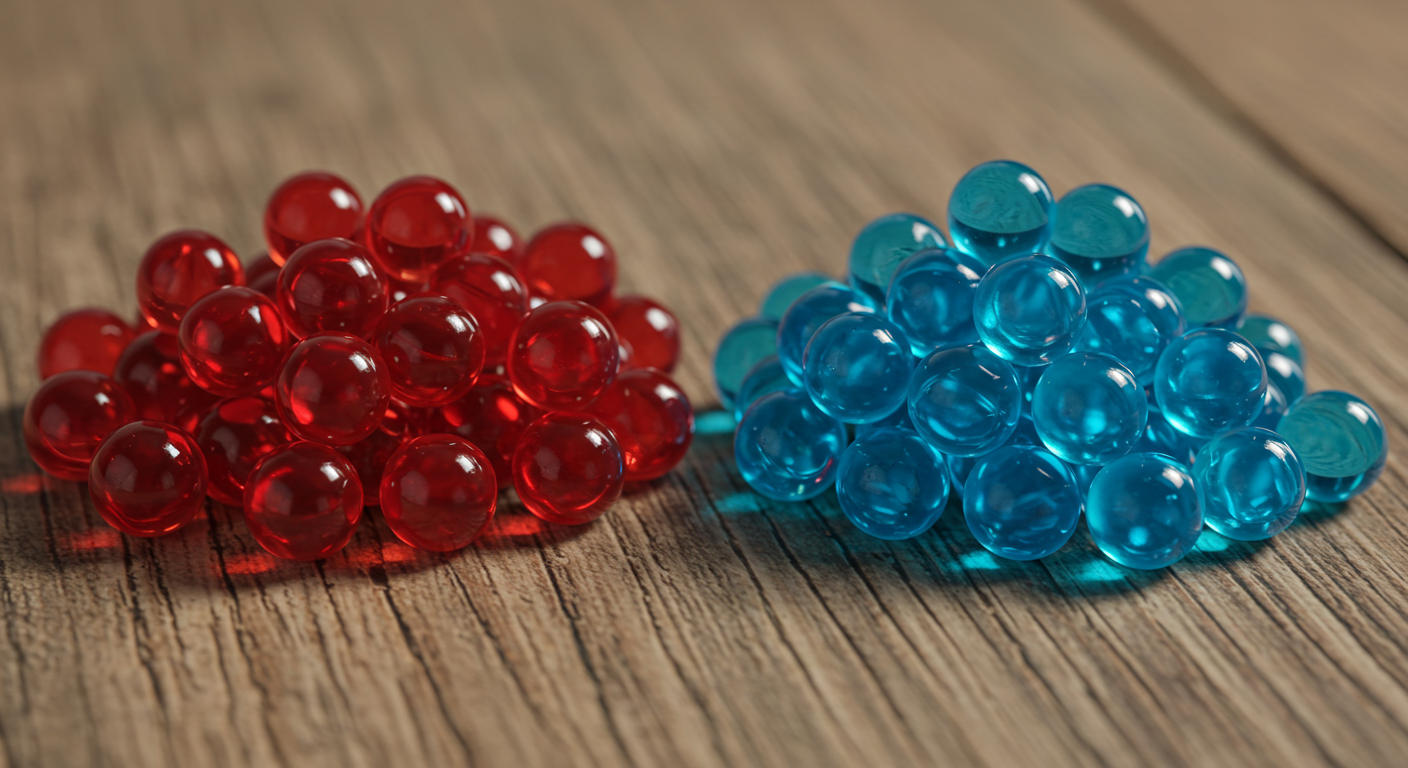Dr. Kumar’s Take:
This study helps clear up an important question about vitamin K2 supplements: which form actually gets into your bloodstream? The researchers found that menaquinone-7 (MK-7) is well absorbed, stays in the blood for longer, and builds up with daily use. In contrast, MK-4 did not show up in the blood at all at nutritional doses.
If you’re choosing a K2 supplement to support your heart or bones, this study suggests MK-7 is the better choice for bioavailability.
Key Takeaways:
✔ MK-7 is easily absorbed and remains in the bloodstream for up to 48 hours.
✔ MK-4 was not detectable in the blood at standard supplement doses.
✔ Daily supplemental MK-7 builds up in the body, while MK-4 does not.
Actionable Tip:
When choosing a vitamin K2 supplement, look for products that contain menaquinone-7 (MK-7) instead of MK-4—especially if you’re taking it to support heart or bone health.
Brief Summary:
This clinical study compared two types of vitamin K2—MK-4 and MK-7—by giving each to healthy young women. Researchers measured how much of each vitamin entered the bloodstream. After a single 420 mcg dose and again after taking 60 mcg daily for 7 days of MK-7 or MK-4, MK-7 showed strong absorption and remained in the blood. MK-4, on the other hand, was not detectable in the blood at all, even after a full week of use.
Study Design:
- Subjects: 10 healthy women, ages 20–21, split into MK-4 and MK-7 groups
- Study 1: Single 420 mcg dose of MK-4 or MK-7 with a fatty breakfast, followed by blood tests for 72 hours
- Study 2: Daily 60 mcg dose of MK-4 or MK-7 for 7 days, followed by blood tests
- Measurements: Vitamin K2 levels in serum using HPLC (high-performance liquid chromatography)
Results:
- After a single dose:
- MK-7 peaked at 6 hours and was detectable up to 48 hours later.
- MK-4 was undetectable in the blood at any time.
- After 7 days of daily use:
- MK-7 levels increased significantly.
- MK-4 levels remained unchanged.
Why MK-7 May Be More Effective
Although both MK-4 and MK-7 support vitamin K-dependent proteins, only MK-7 stays in your bloodstream long enough to have consistent effects. It’s also more likely to reach tissues outside the liver—such as bones and blood vessels—making it especially helpful for heart and bone health.
The authors also suggest that if the body needs MK-4, it may be able to make it from MK-7. This means MK-7 not only works on its own, but also acts as a precursor to MK-4 in tissues where it’s needed.
Related Studies and Research
Compares bioavailability and serum retention of MK-7 versus MK-4 in healthy women. – Details pharmacokinetic differences between K2 isoforms.
Examines the conversion efficiency of various dietary vitamin K forms into bioactive MK-4 in human tissues. – Tracks how different Ks convert to MK-4 in vivo.
Review of MK-7 supplementation effects on bone quality, including compression and impact strength metrics. – Chronicles improvements in bone biomechanical properties.
Examines warfarin’s influence on bone mineral density reduction and fracture incidence. – Investigates bone loss linked to anticoagulant use.
Explores natto intake’s association with reduced bone loss rates in postmenopausal women. – Observational data on fermented soy’s protective effects.
Frequently Asked Questions
Is MK-4 useless?
No! MK-4 is the main form of Vitamin K2 used in the body, but at nutritional supplement doses, it doesn’t seem to raise blood levels. Longer chain Vitamin K2’s like MK-7 are better absorbed and then coverted by the body into MK-4.
Can I just eat natto instead?
Yes! Natto is a natural, food-based source of MK-7 and has been used in Japanese diets for centuries. It’s one of the richest sources of MK-7 available.
Does MK-7 reverse warfarin blood thinner?
Yes! MK-7 does reverse the blood thinning created by coumadin. You should consult your doctor if you’re taking anticoagulants like warfarin.
Conclusion
MK-7 outperforms MK-4 when it comes to absorption and staying power in the body. If you’re taking vitamin K2 for bone or cardiovascular support, MK-7 is likely the better option. It’s well absorbed, stays in your blood longer, and is ultimately coverted to MK-4 which leads to more calcium in your bones, not your arteries.


